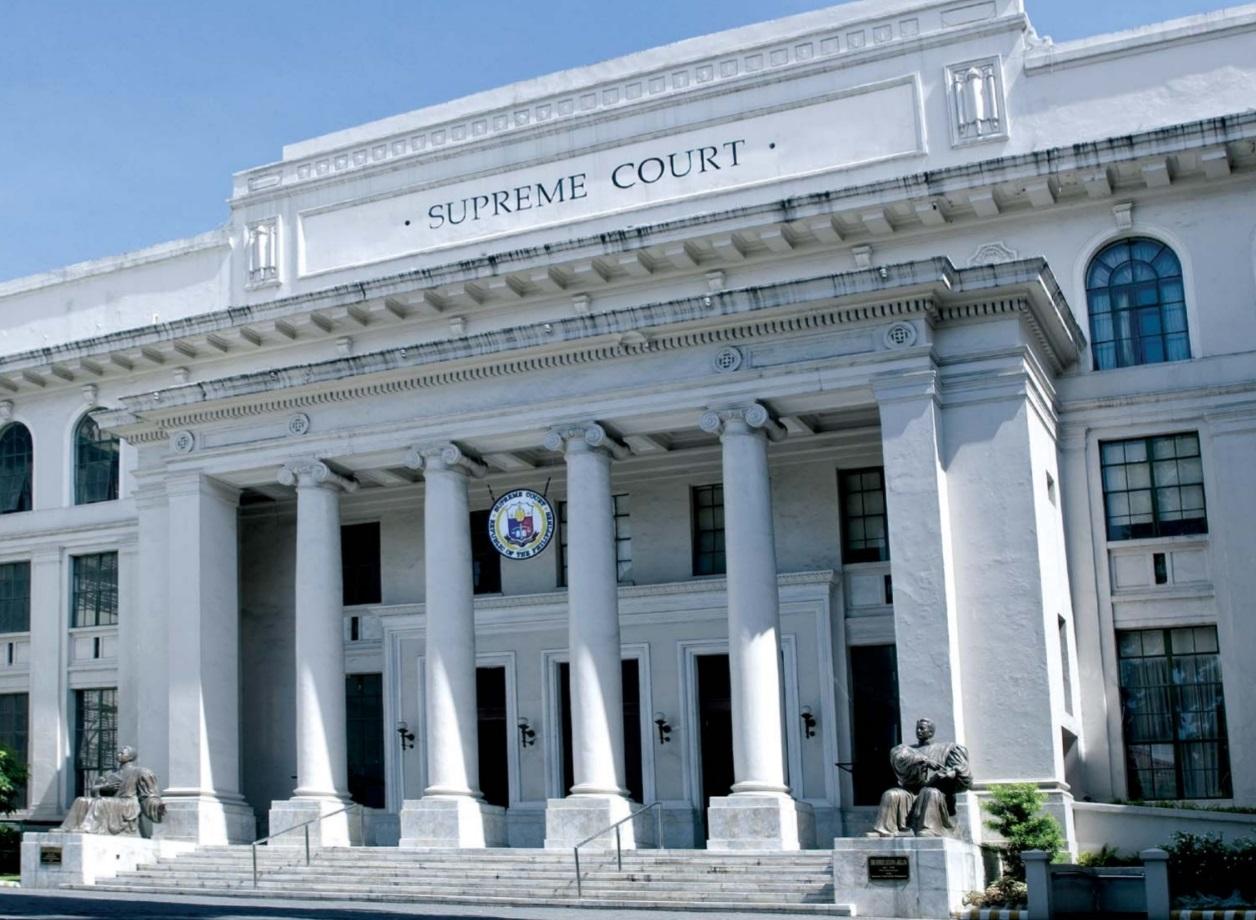SC: 1-year appointment ban on losing candidates applies to contracts of service
By JOAHNA LEI CASILAO, GMA Integrated News Published March 21, 2024 6:15pm The Supreme Court has ruled that the one-year appointment ban for government positions after an election applies to all losing candidates, regardless of position. In a 16-page decision promulgated in November 2023, the SC en banc denied a petition that challenged the ruling […]


By JOAHNA LEI CASILAO, GMA Integrated News
The Supreme Court has ruled that the one-year appointment ban for government positions after an election applies to all losing candidates, regardless of position.
In a 16-page decision promulgated in November 2023, the SC en banc denied a petition that challenged the ruling of the Commission on Audit that disallowed the payment of the petitioner’s wages and allowances as legal officer of the municipal government of Mexico, Pampanga.
The SC said the petitioner ran and lost as vice mayor in the 2013 elections.
Following this, he entered into a contract of service with the municipal government, under which he was tasked to perform the duties of a Legal Officer II.
State auditors in 2014 issued a notice of disallowance that disallowed the wages and personal economic relief assistance the petitioner received in violation of the 1987 Constitution and the Local Government Code.
This prompted the petitioner to seek recourse before the SC.
In dismissing his petition, the SC said that Article IX-B, Section 6 of the Constitution states that those who lost in the elections are prohibited from being appointed to any government position within one year of such election.
It also cited Section 94(b) of the Local Government Code, which states that except for losing candidates in the barangay elections, no candidate shall be appointed to any government office or any government-owned or controlled corporations within one year.
“To interpret the prohibition selectively or to allow exceptions based on different interpretations that would allow a losing candidate to be appointed would open the door to potential abuses,” the Court said.—AOL, GMA Integrated News














